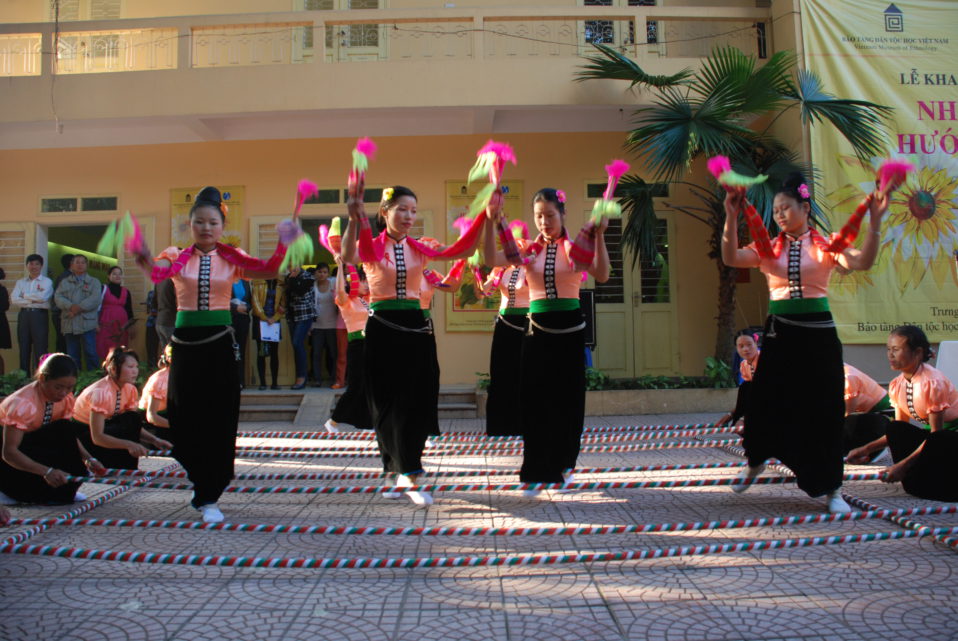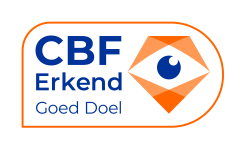Background
HIV/AIDS epidemic has become the most emerging public health problems in Vietnam since 1990s. By the end of year 2015 there was a total of 227,000 people living with HIV while more than 75,000 people have died from AIDS. In estimation about 14,000 new cases of HIV are founded every year.
During 12 years working in HIV/AIDS area, MCNV had a considerable contribution to Vietnam HIV/AIDS situation in establishing and providing support to a community – based organization of women who are living with HIV, called Sunflowers, in seven Northern provinces in Vietnam. The program has contributed to improving access to health care for women living with HIV because of the strengthened referral system.
MCNV’s responses and achievements
Beginning in 2004, a group of women living with HIV was established by MCNV’s support. The simple aims were to ensure that, if pregnant, women can access to information and medicine that would help to prevent the transmission of HIV from mother to child. This initial pilot was successful in achieving its goals, and with the generous support of the Royal Netherland Embassy, it was scaled-up to a further three provinces between 2006 – 2009. In its third phase these achievements were consolidated and the model adapted to suit the needs of people living in remote mountainous regions. Then the program covers seven provinces and the Sunflowers group supports over 1,500 women living with or affected by HIV/AIDS and their families.
The Sunflowers groups help to ensure that they can overcome the barriers and obstacles they face to live active and fulfilled lives. This support comes in many forms, it includes: counselling and care at home and in hospitals, support to secure stable livelihoods, assistance with children’s education, and engagement with the community to reduce stigma and discrimination. Over more than 12 years the program has demonstrated that when women living with HIV work together their confidence and self-esteem increases enabling them to become powerful advocates for change and developments.
From 2012, after handing over, the network of Sunflowers had worked more independence with its own steering board of national level, and leaders of each provincial group. The Sunflowers are maintaining supports in improving health care access, income generating, and social by monthly meeting, revolving fund, and many supportive events. From this period, overcoming difficulties, Sunflower maintains its groups and networks with many valuable activities. More than 1,100 women living with HIV frequent attend the monthly meeting. Living with poor health status, many leaders of Sunflowers cannot be able to have a longer contribute to their group. Sunflower have refreshed themselves by changing most of group leaders and Network leaders and its structure.
In addition, MCNV provides health care insurance to Sunflower members, therefore, 100% of women living with HIV are protected by health insurance. The program also organizes vivid trainings to cultivate skills and knowledge to Sunflowers and their family members. Specifically, parenting skills were provided to grandparents who are raising orphan children. The training, such as hepatitis C prevention, ARV therapy, pig raising skills have been delivered to members of the Sunflower groups.
Future plan
Currently and in a couple of year MCNV is providing technical and a little financial supports, which is enabling the Sunflowers to be strengthened, and capable to work more independently as a Community Based Organization of women living with HIV, to bring support to women living with HIV continuously.




